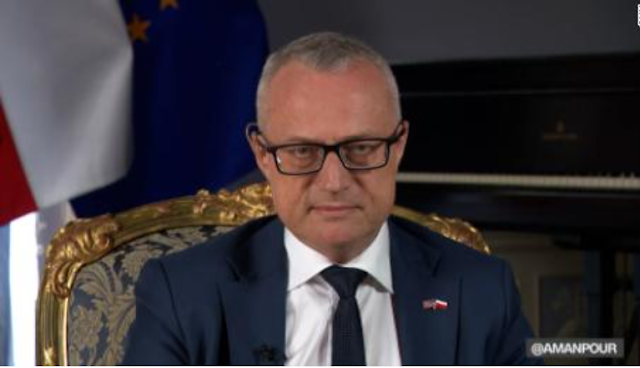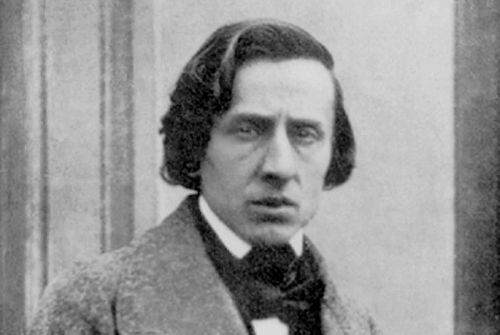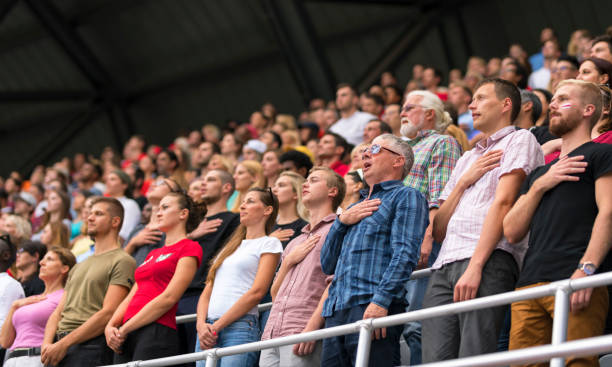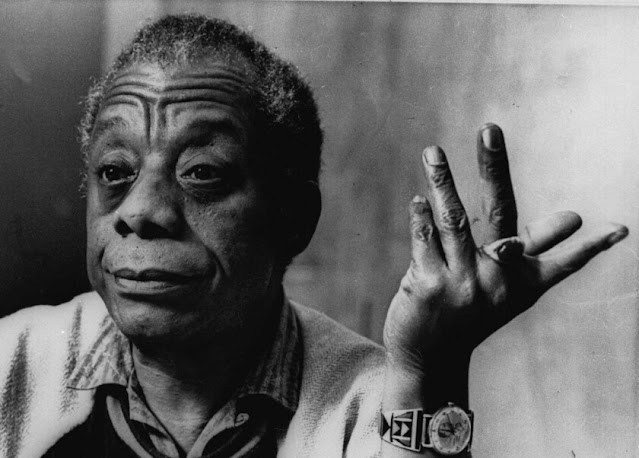Poland, Russia, Ukraine, and National Identity
 |
| Polish Ambassador Marek Magierowski |
The other night I was watching Amanpour and Company, and happened to see the Polish ambassador to the United States being interviewed. Behind him were the Polish and European Union flags prominently placed, and the keyboard of a Steinway grand piano. It reminded me that one of Poland's greatest heroes was pianist and composer Frédéric Chopin.
 |
| Frédéric Chopin in 1849 |
During the interview, Christiane Amanpour repeatedly asked the ambassador what he thought about the United States' refusal to assist the Ukrainians by replacing Polish war planes sent to Ukraine with American planes, and flying them from NATO air space. The ambassador was as diplomatic as he could be, without directly accusing the United States of contributing to the death toll in Ukraine.
Looking at history, Poland had rebelled against Russia in the November Uprising of 1830-31. Chopin was out of the country when the rebellion began, and wrote in his letters about being worried for the safety of his mother and sisters. To quote Wikipedia: "Russian Emperor Nicholas I decreed that henceforth Russian-occupied Poland would lose its autonomy and become an integral part of the Russian Empire."
Sound familiar?
As an African American, my own sense of national identity has been fraught with ambivalence. I watch the Ukrainians express their pride in their national identity, and wonder what that feels like. They are being attacked by Russia; we are being attacked by American police. One of my earliest lessons in national identity happened when my aunt and uncle took my parents and me to a baseball game. When the national anthem was played, they remained seated. They were scowling and visibly angry. My parents and I stood like dutiful Americans along with everyone else. I even wondered if my aunt and uncle would get into some kind of trouble for refusing to stand. My little cousin, their daughter Clevie, was clearly confused, but stood with us. Later I would learn that my uncle had fought for his country in the Second World War, then returned home to segregation and Jim Crow. Of course he was angry at his country!
My father had fought in the same war, but he was too afraid of his own anger to display it in public. He preferred to yell and rage at home at his wife and daughter.
My parents believed the only way to be embraced by American whites was by playing classical music, which was how I was introduced to the music of Chopin. I grew to love this music, as well as the piano music of Rachmaninoff and Tchaikovsky. I am sure that, if these composers were still alive, they would weep over what is happening in Ukraine.
I am grateful to the Polish ambassador for emphasizing the importance of Poland's contribution to the piano repertoire. I am distressed, however, at the constant conversation around death and destruction. I pray that this war will be over soon, and that the people of Ukraine will be liberated.











Comments
Post a Comment